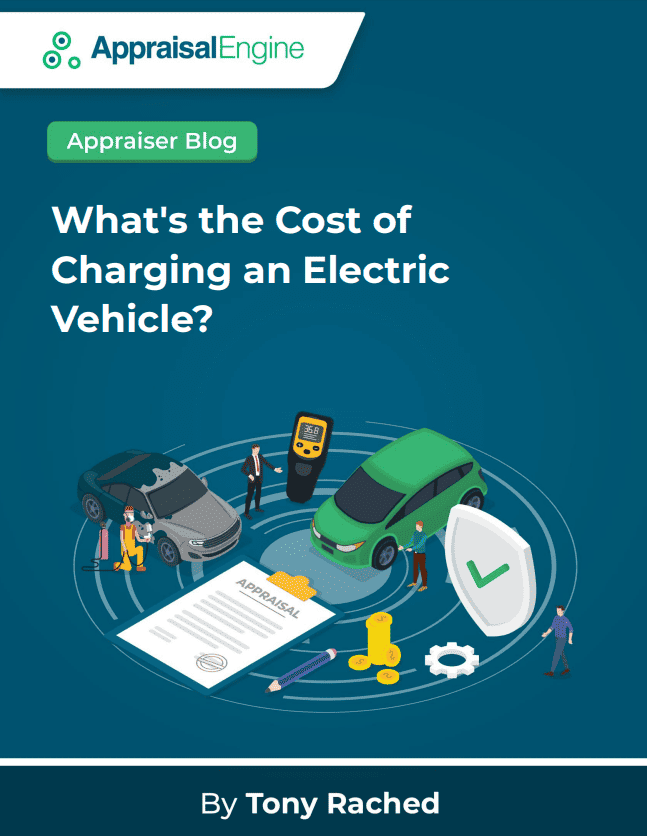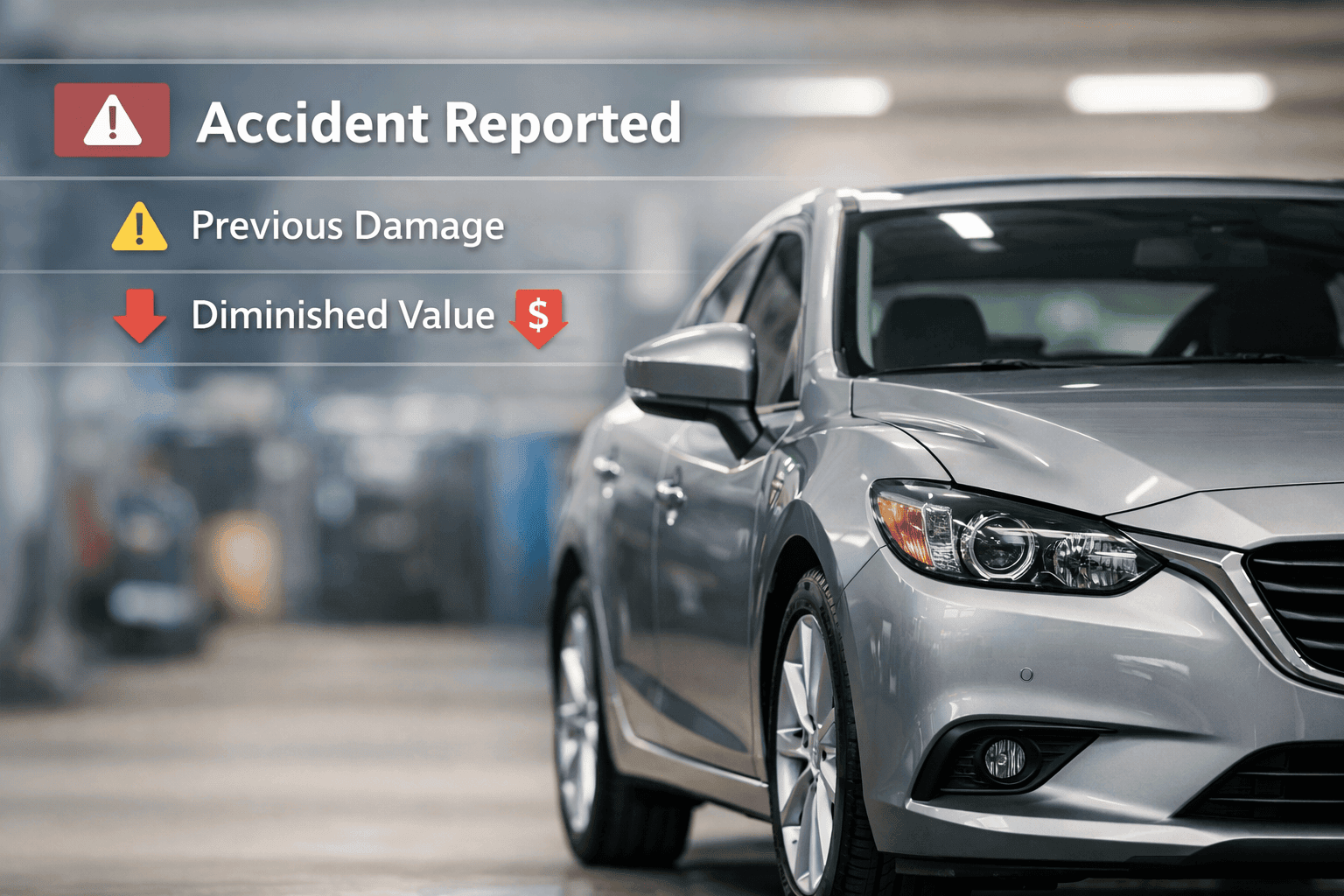What’s the Cost of Charging an Electric Vehicle? (PDF)
When it comes to charging an electric car, understanding the expenses is crucial. Charging your electric vehicle (EV) battery at home overnight is typically the most economical option. Gasoline prices are volatile, and electricity rates differ from region to region, but in most cases, charging an EV is more cost-effective on a monthly basis compared to fueling a traditional car.
While there are some free charging options available, public charging stations often impose time-based fees that tend to be higher than the cost of home charging. Many prospective electric car owners ponder the most significant question: What will it cost to charge the vehicle?
If you’re weighing the pros and cons of an electric car versus a gasoline-powered one, conducting some preliminary research on charging costs versus fuel costs will help you make an informed decision. It’s worth noting that many new EVs come with a certain amount of complimentary charging at public stations.
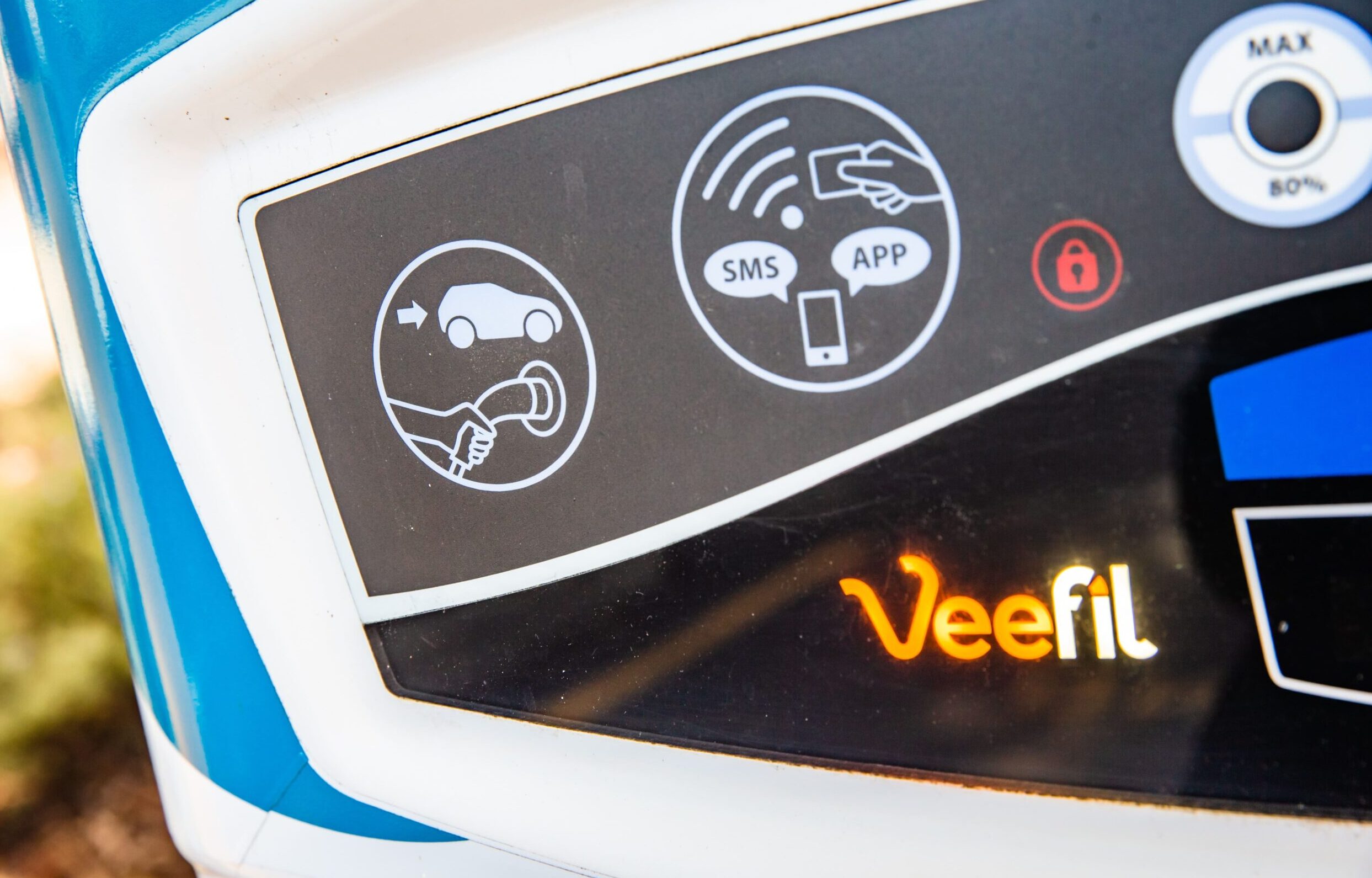
Doing the Math: Cost per kWh and Comparing Recharge Costs with Fuel Costs
The math involved is relatively straightforward, and for the most accurate estimate, having your recent electric bill as a reference is beneficial. Begin by calculating your monthly electricity expenses. Divide the total cost by the number of kilowatt-hours (kWh) you’ve used to find the price you paid per kWh. According to the United States Energy Information Administration, the average U.S. household pays around 16 cents per kWh.
Now, let’s apply this rate to a typical electric car. A conservative rule of thumb is that an electric car covers about 3 to 4 miles per kWh. Divide your monthly driving mileage by 3 to estimate the monthly kWh usage, and then multiply that by your cost per kWh. In most cases, this amount will likely be lower than what you spend monthly on gasoline.
For instance, if you drive approximately 1,124 miles per month (considering the average American drives around 13,489 miles annually), you’d use roughly 375 kWh in a month. At an average rate of 16 cents per kWh, charging your electric car at home would cost you nearly $60 per month.
Comparing Recharge Costs to a Fuel Fill-Up
At the time of writing, the average gasoline price stands at around $3.60 per gallon. Filling a 12-gallon gas tank would cost approximately $43. However, it’s important to consider that different vehicles consume varying amounts of fuel.
For instance, if you drive a car that averages 30 miles per gallon during a combination of city and highway driving, that 12-gallon tank would give you a 360-mile driving range per fill-up. If you’re driving the same 1,124 miles per month, you’d need to refuel three times, costing you approximately $129 ($43 x 3).
While these are estimates and fuel prices and mileage can vary, this calculation illustrates that recharging an electric car is generally more cost-effective than refueling a gasoline-powered vehicle. The gap narrows when you have a more fuel-efficient car, but the cost savings remain.
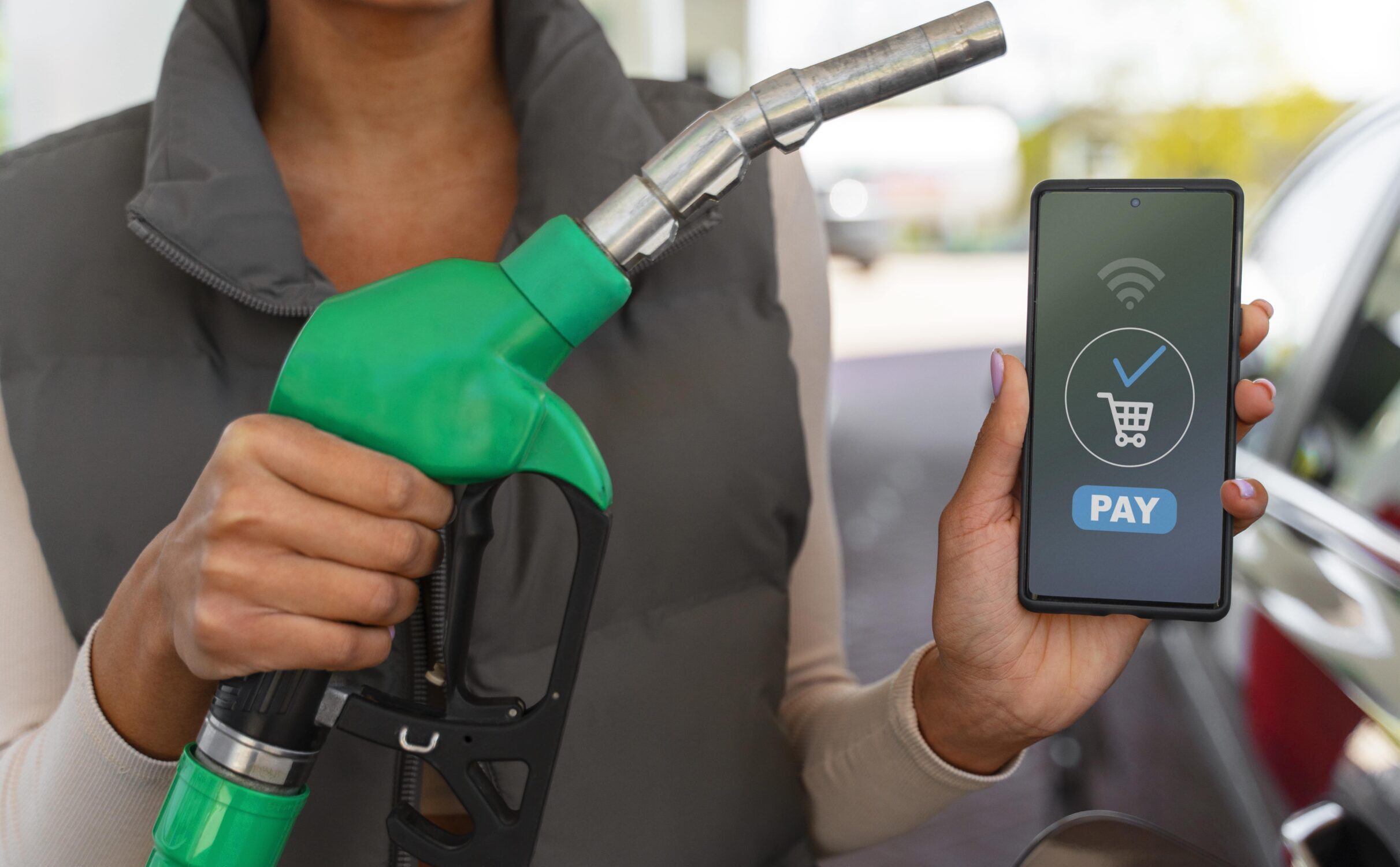
Charging an EV at Home: Consideration of Electricity Rates
Electricity rates depend on various factors, including your location, time of year, and peak hours when higher charges apply. In general, electricity usage and costs are lower during late-night hours, which is advantageous for EV owners.
Shoppers concerned about access to public charging stations should know that up to 90% of electric car charging takes place overnight at home. Some utilities offer special low rates during overnight periods when demand is lowest.
However, it’s important to note that electricity costs can vary significantly depending on where you live. For example, residents of Maine pay nearly 30 cents per kWh, which is more than three times the kWh cost in states like Wyoming or Idaho.
Exploring Level 2 and Faster Charging
When discussing public Level 2 charging and Level 3 fast-charging systems, pricing can be more challenging to pinpoint compared to standard at-home costs. Charging networks have varying fees, and availability varies across the country.
Installing a Level 2 charger in your garage is an option, but it comes with a cost, typically around $2,000 for parts and installation. Upgrading to Level 2 can significantly reduce charging times and potentially add value to your home. Many states, local governments, and utility companies offer rebates and incentives to offset the installation costs of home chargers, further reducing expenses.
Choosing the Right Plug for EV Charging
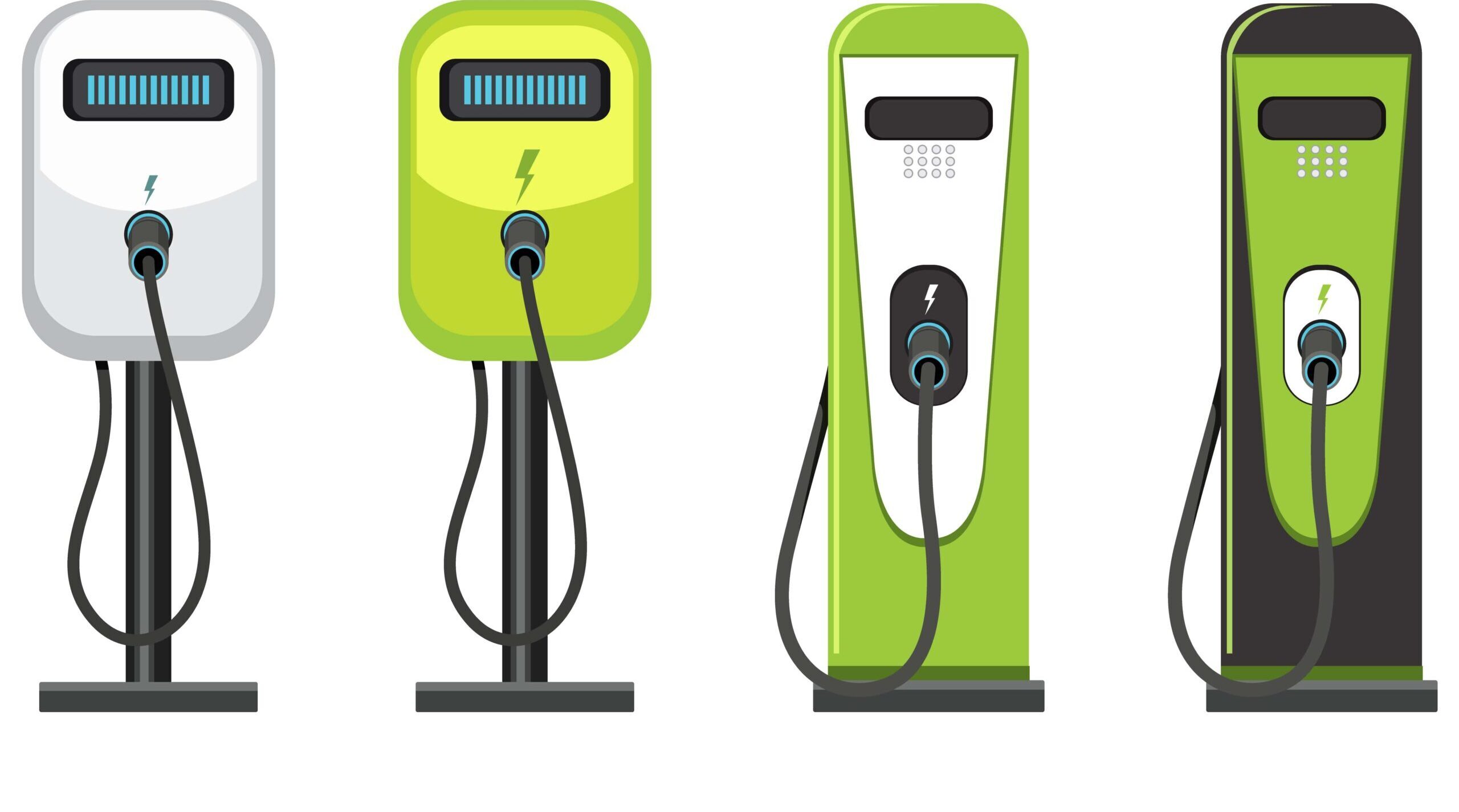
The choice between CHAdeMO and CCS fast-charging standards may sound complex, but most fast-charging locations offer both options, making it straightforward for EV owners. Pricing for a 240-volt (Level 2) recharge can vary, ranging from zero dollars to a fixed hourly rate. Charging networks often provide membership programs to lower recharge costs, which is especially valuable if you can’t charge your vehicle at home regularly.
Various charging networks, such as EVgo, ChargePoint, and Electrify America, offer different pricing structures for Level 3 fast charging. Rates can vary by state and network, with membership discounts often available. Online resources like the PlugShare app can help users locate charging stations, leave reviews, and share tips with fellow EV drivers.
The Impact of Faster Charging on Costs
Unlike typical 240-volt Level 2 home chargers, Level 3 chargers are primarily found in commercial settings due to their higher installation costs. Tesla has its dedicated Supercharger network, with more than 45,000 stations worldwide. Rates can vary based on location, time, Tesla model, and chosen recharge speed tier. It’s worth noting that some Tesla Superchargers are now accessible to non-Tesla vehicles, expanding charging options.
Home charging remains the most cost-effective choice for prospective electric car owners, but understanding the availability of charging options near your home is equally important. Some workplaces offer charging for employees, and while free charging stations may seem enticing, it’s essential to consider associated parking fees, which can sometimes surpass the cost of filling up a gasoline vehicle. Nonetheless, the network of charging stations continues to grow, with numerous free options available at malls, hotels, grocery stores, and more.

